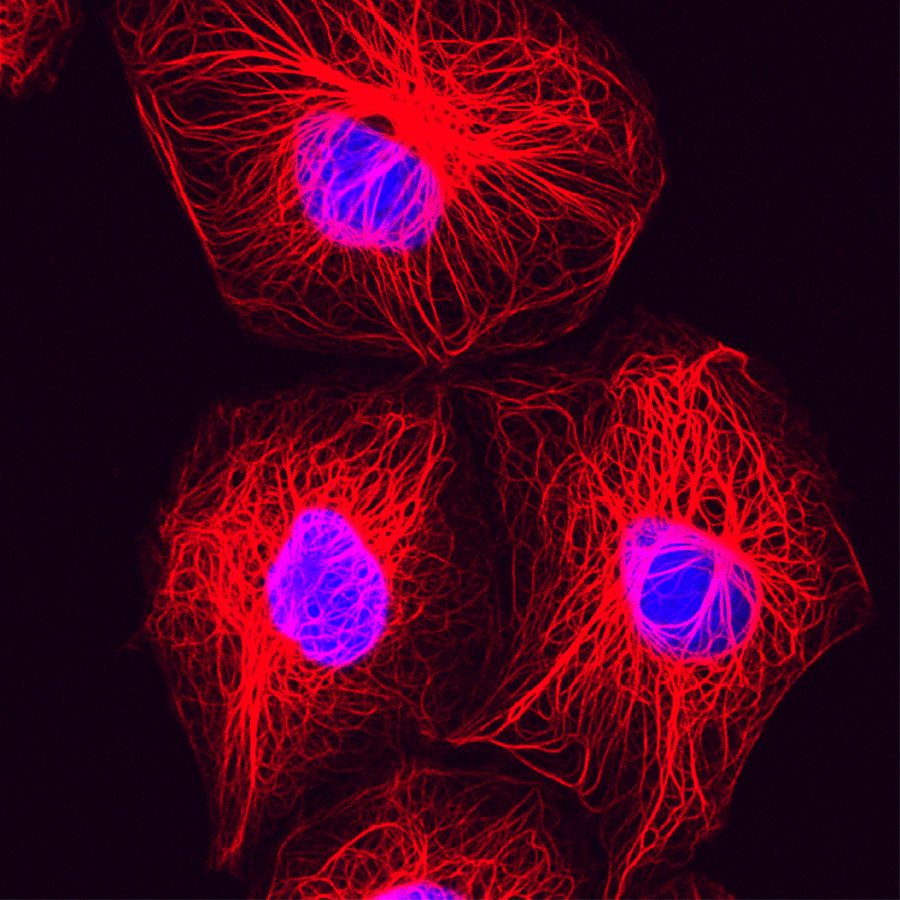Impatient Science: Your Immune System
Impatient Science is a four-part blog series for Breast Cancer Awareness Month. Each post is based on videos Rip Media Group made in collaboration with the Dr. Susan Love Research Foundation, a charity dedicated to finding new ways of treating and eventually ending breast cancer. This post, the third in the series, goes over some of the biology involved in breast cancer and its treatment.
L, whom we met in the last two posts, received her mother’s breast cancer diagnosis recently. Ever since, she’s been thinking a lot about cancer. “Cancer is a mutation,” L says sensibly. “And mutations must happen all the time. But not every mutation is cancerous. And our immune system is really ingenious and can recognize abnormal cells as unhealthy.”
“These videos give me a lot of hope,” L says. L has seemed pensive throughout this conversation, but here, she smiles. “I won’t give up on regular exams and doctor visits, but it’s good to know my body has ways to keep me safe.”
Your Body’s Immune System
As the Impatient Science explainer video series shows, cancer cells are infiltration experts. Unlike bacteria or viruses, they’re our own cells gone rogue, so they can hide in plain sight. This makes it hard for your body to find the unusual cells — but it’s not impossible, thanks to the hard work your immune system does.
Your immune system is composed of two main parts. The innate immune system operates across your body, and it protects against bacteria, viruses and cancer cells.
When your innate immune system encounters cancer cells or other serious threats, it knows it can’t do the job alone. That’s when it calls in the adaptive immune system.
The Adaptive Immune System
These videos give us a clear picture of the adaptive immune system. It is made up of several extremely specialized types of cells and serves as a SWAT team for your body. Lymphocytes stand by in your lymph nodes and wait for threats like cancer cells. When they receive the right signal, they move into action.
One of the most interesting features of the adaptive immune system is how it learns from threats. It develops specific responses that are tailor-made for individual threats, and that’s how our body develops immunities to diseases.
Many of the videos in the Impatience Science series express the potential of one of the most exciting areas of cancer research: immunology. Researchers theorize that if they can train the immune system to recognize and deal more quickly with cancer, this can slow or even stop the spread of cancer through the body.
Watch this video to gain a better understanding of immunology:
Checkpoint Inhibitors and Vaccines
Normally, lymphocytes like T-cells don’t attack the body’s own cells. But a drug called a checkpoint inhibitor can cause them to consider the body’s cells to be a threat. As the videos state, normally that’s not a good thing, but carefully training the body’s immune response to identify and destroy cancer cells may be a vital way to block cancer’s advance.
What’s more, some viruses cause cancer, like HPV and hepatitis C. Researchers have worked on creating vaccines to train the immune system to destroy these viruses. These have gone a long way toward preventing various cancers.
Finally, the video series points out one more area of promise: in some areas of cancer research, scientists are creating vaccines that can train the immune system to target the body’s own tumor cells. It remains to be seen how that area of research pans out, but researchers agree that it holds immense promise; in fact, clinical trials are already underway.
This concludes Part 3. Part 4 will deal with breast cancer research and researchers’ hopes for future treatment. If you’re interested in making a donation to the Dr. Susan Love Research Foundation, please visit https://www.drsusanloveresearch.org/.
Whatever your story, we’re here to help. Rip Media Group … your story starts here!

